Shouldn't it generate error when i try to set the value of a property from the extended class instead of a base class?
<?php
class first{
public $id = 22;
private $name;
protected $email;
public function __construct(){
echo "Base function constructor<br />";
}
public function printit(){
echo "Hello World<br />";
}
public function __destruct(){
echo "Base function destructor!<br />";
}
}
class second extends first{
public function __construct($myName, $myEmail){
$this->name = $myName;
$this->email = $myEmail;
$this->reveal();
}
public function reveal(){
echo $this->name.'<br />';
echo $this->email.'<br />';
}
}
$object = new second('sth','aaa@bbb.com');
?>
